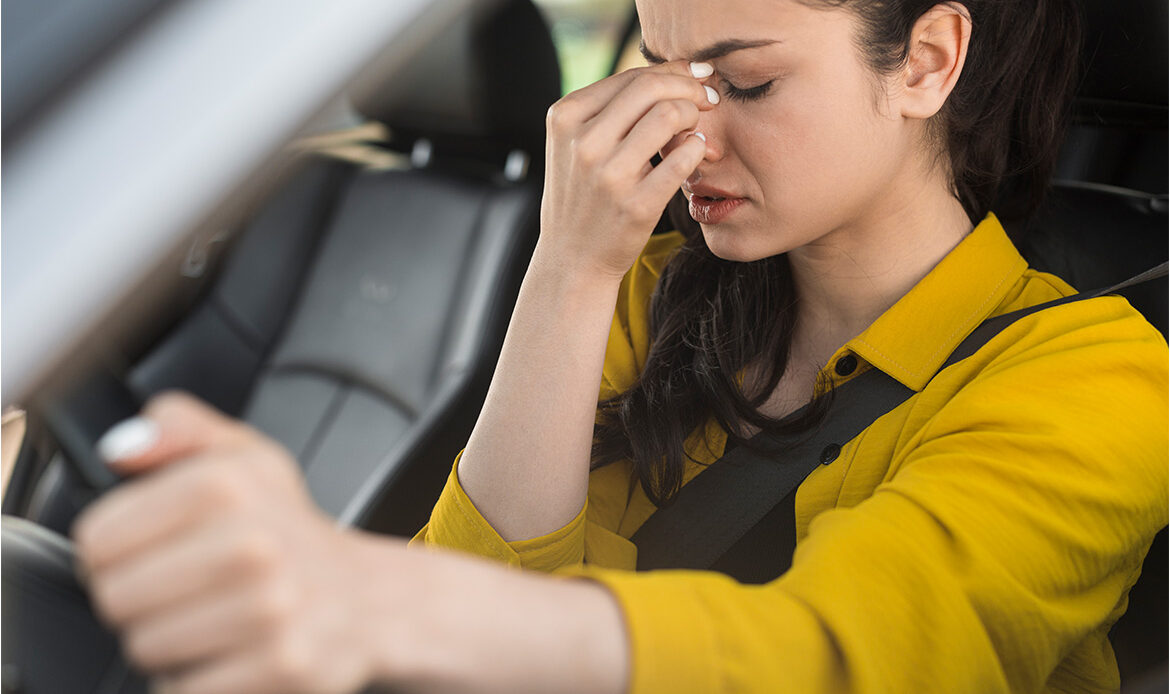How dangerous is drowsy driving?
In the last few years, the dangers of distracted driving, especially drivers texting behind the wheel, has become more evident. More and more states, including Florida in 2019, have cracked down with additional laws to prevent distracted driving. However, there’s another danger that drivers should be concerned about too: drowsy driving.
Facts about drowsy driving
The National Sleep Foundation reports that about 20% of drivers admit to falling asleep behind the wheel. In fact, about 40% of those drowsy drivers admit they’ve fallen asleep while driving more than once. In 2018, the number of fatalities that involved a drowsy driver were 775.
Drowsy driving accidents are most common late at night and early in the morning – when your body is in its natural sleep cycle. Drowsy driving accidents also most often occur at high speeds on highways or freeways, when you can drive long stretches without needing to pay attention for stoplights or traffic changes.
Drivers who are more prone to drowsy driving
Those drivers who are more prone to falling asleep behind the wheel include the following:
- Shift workers – those who work night shift or rotating shifts, including healthcare workers, truck drivers, pilots or police officers
- Those with untreated sleep disorders – those with obstructive sleep apnea or narcolepsy are more likely to be sleepy during the day
- Those taking medication where drowsiness is a side effect
- Young men in their teens, 20s and 30s driving between 11pm and 8am
How to avoid drowsy driving
If you are driving and find yourself yawning a lot, having trouble keeping your eyes open or nodding off, you should pull over and take a rest. You also can avoid driving late at night as much as possible and split driving with someone else on a long road trip to avoid drowsy driving. Using caffeine can give you a short boost to avoid drowsy driving too.
No one wants to fall asleep behind the wheel and wake up to realize you are heading straight toward another vehicle. By getting a full night’s rest before long drives, you’ll be better prepared to avoid drowsy driving and a devastating accident.

